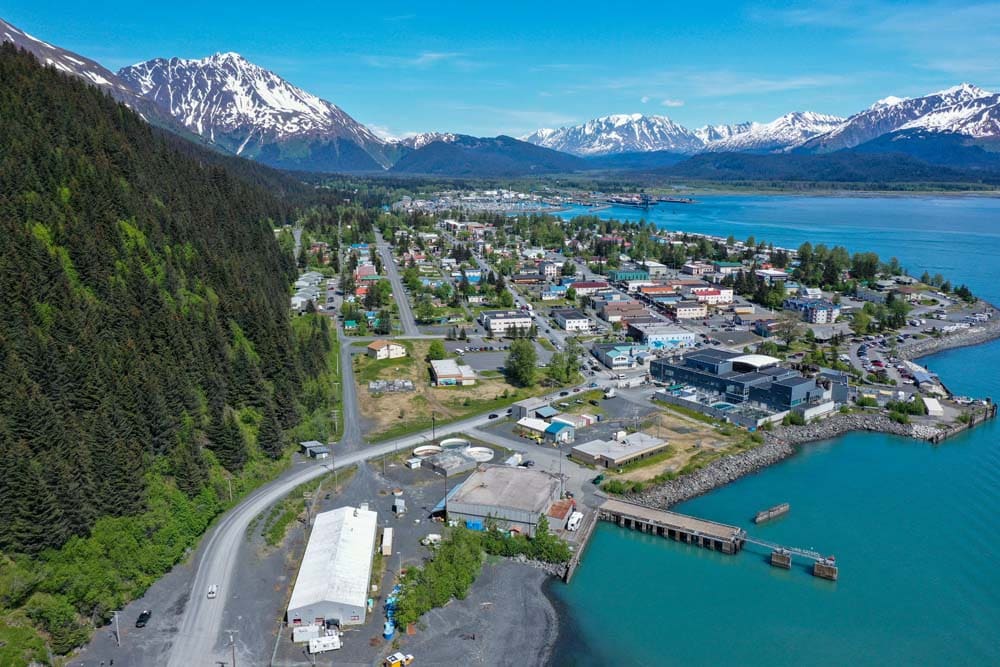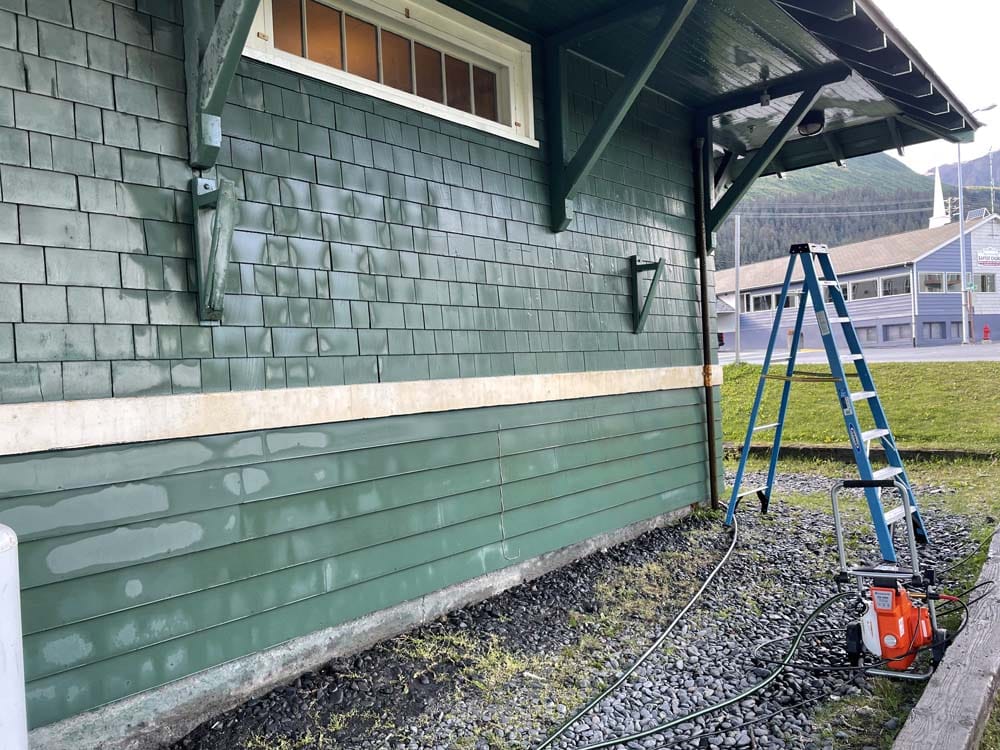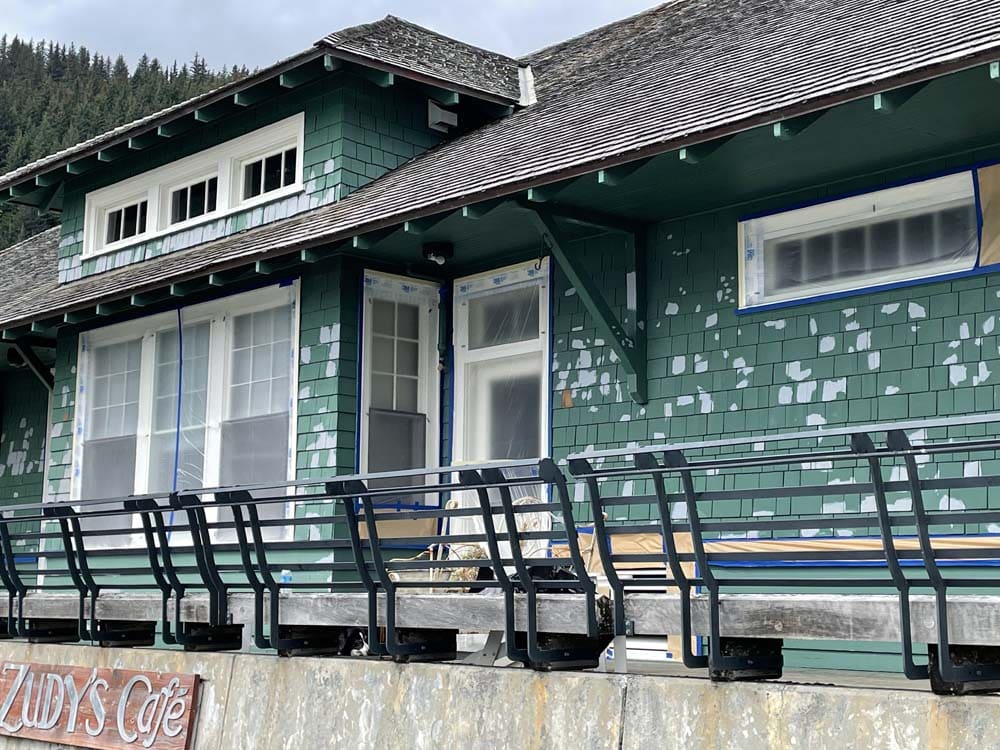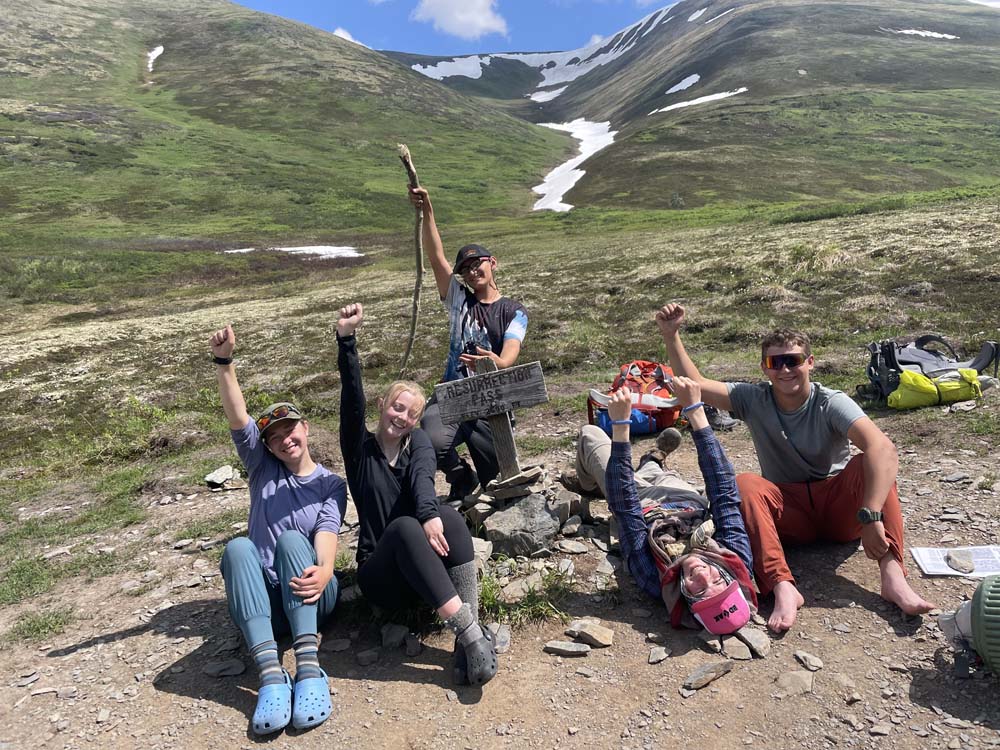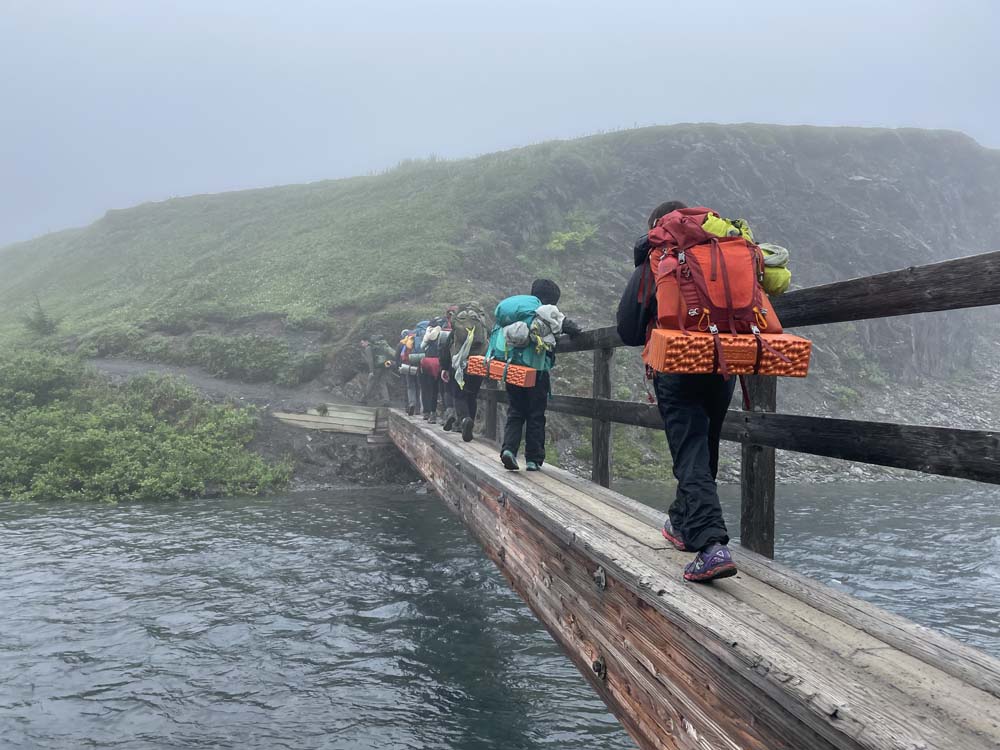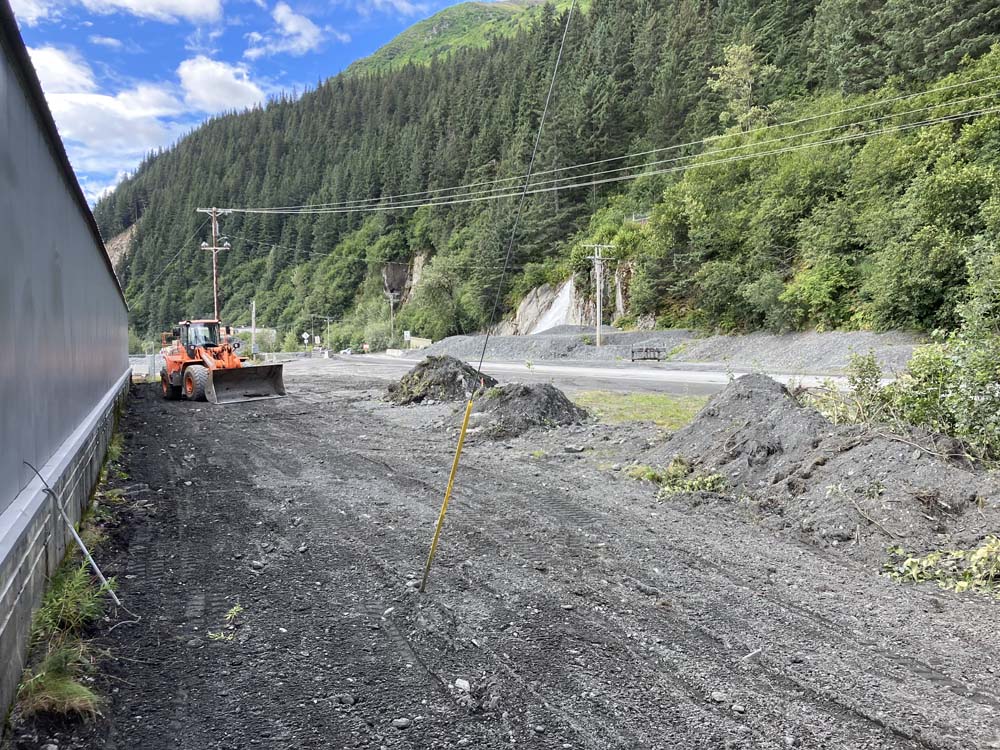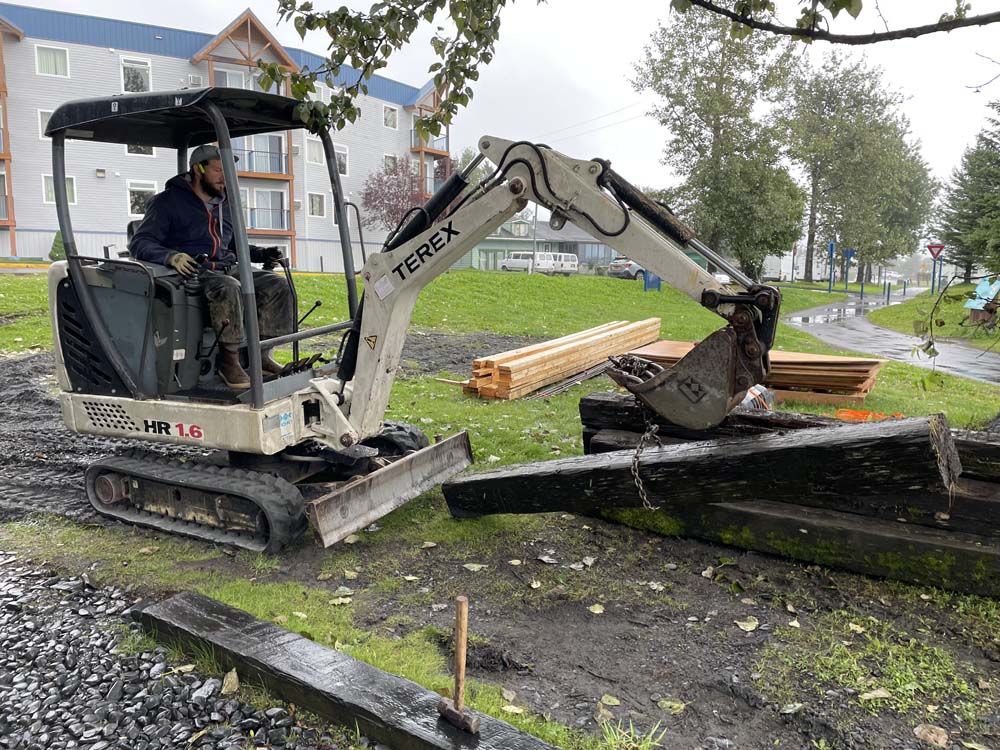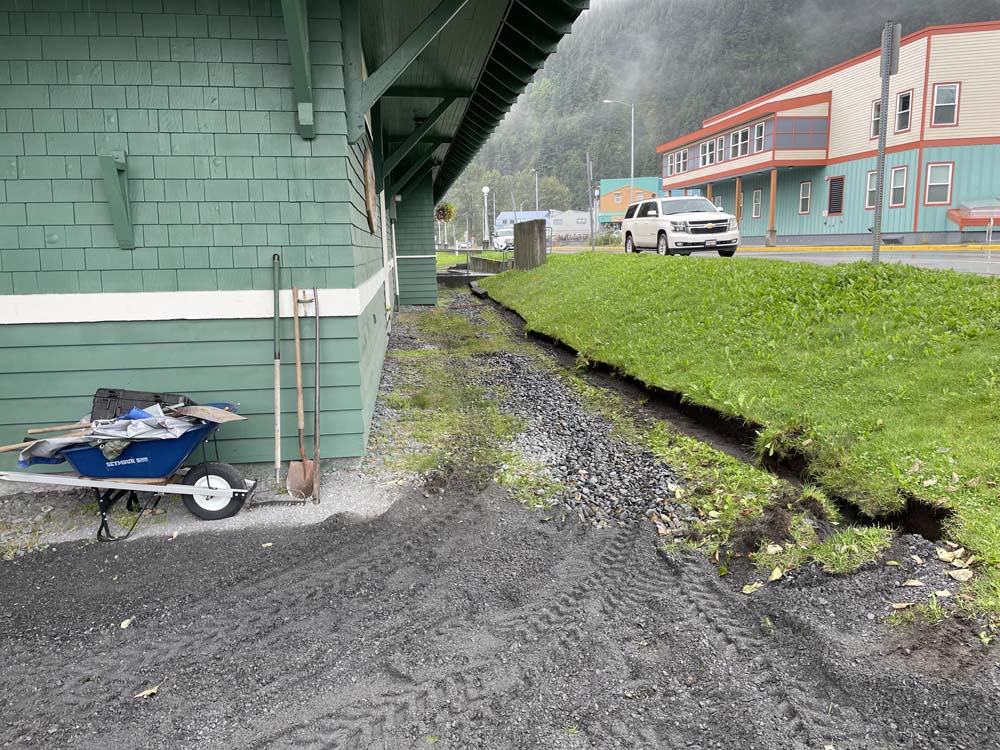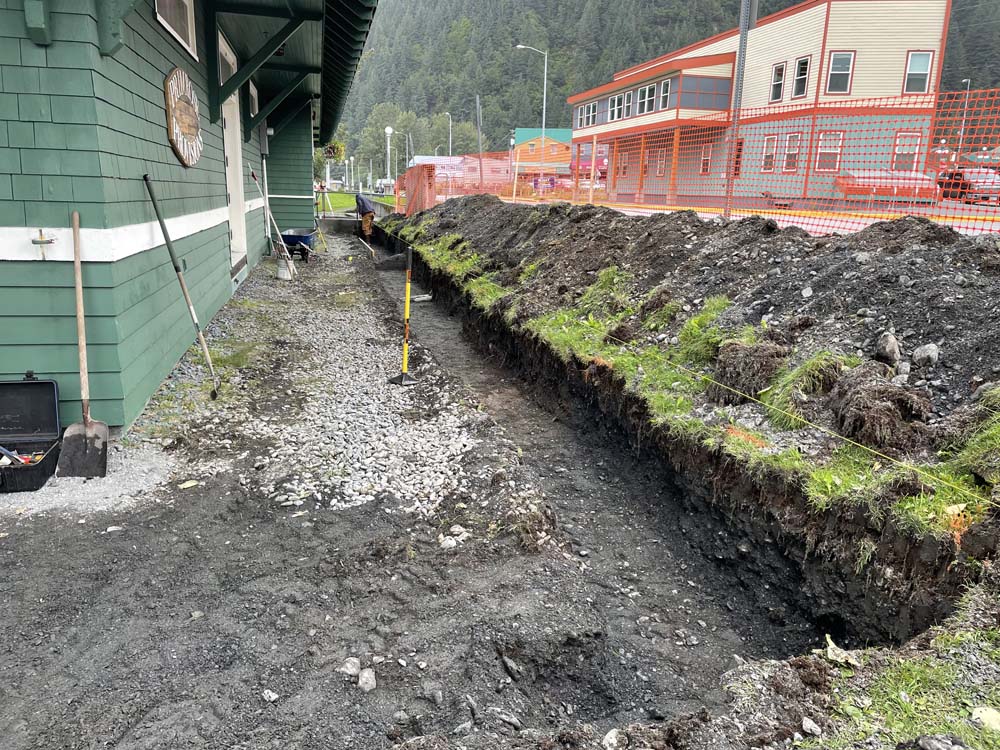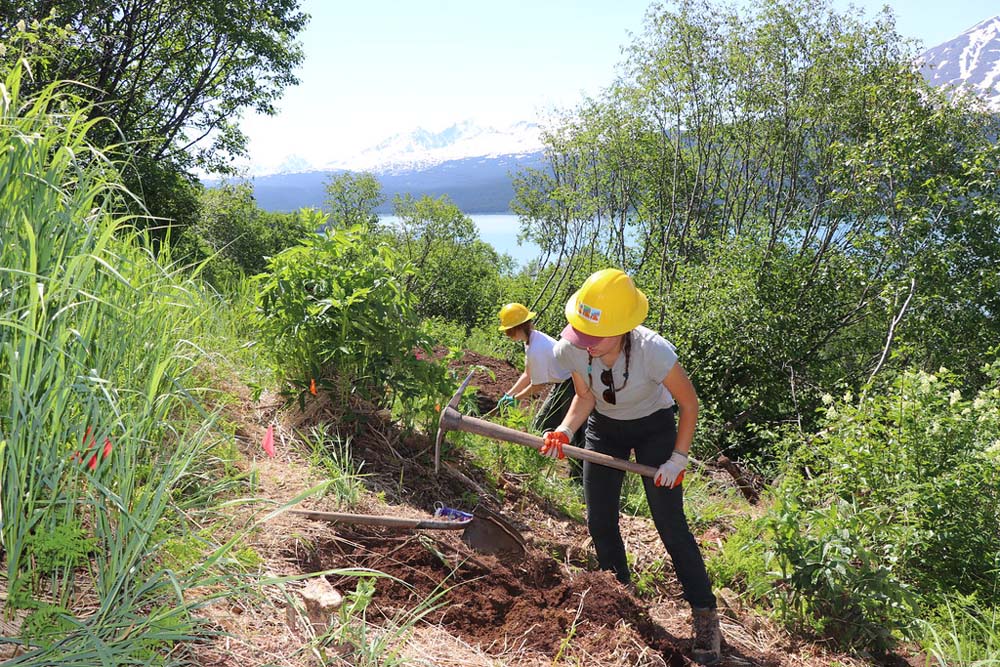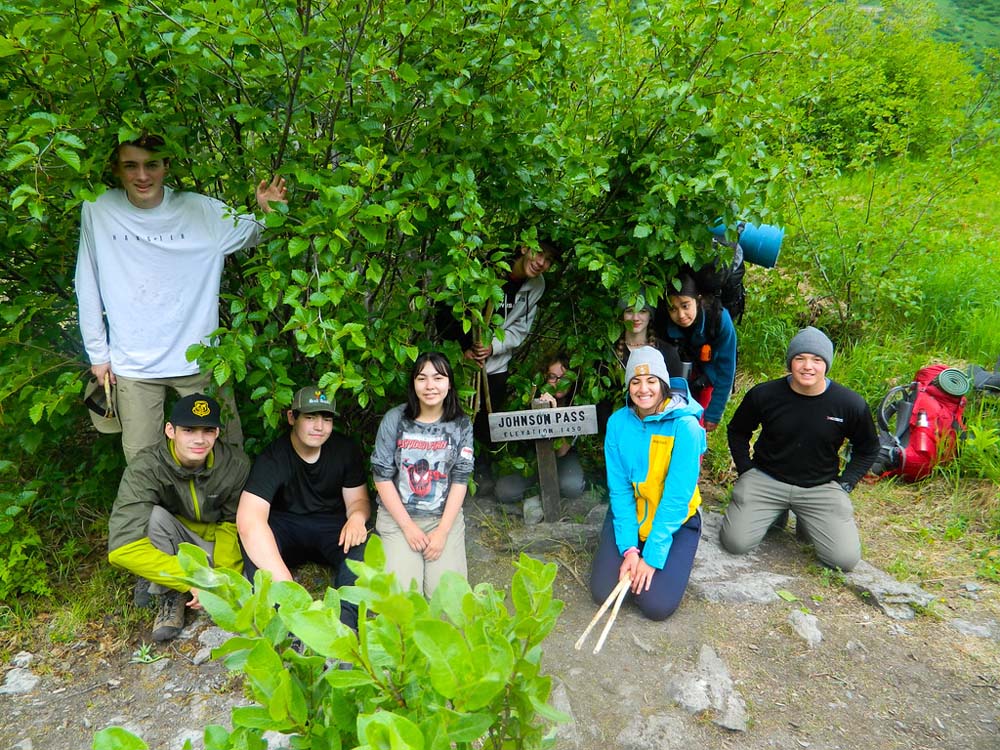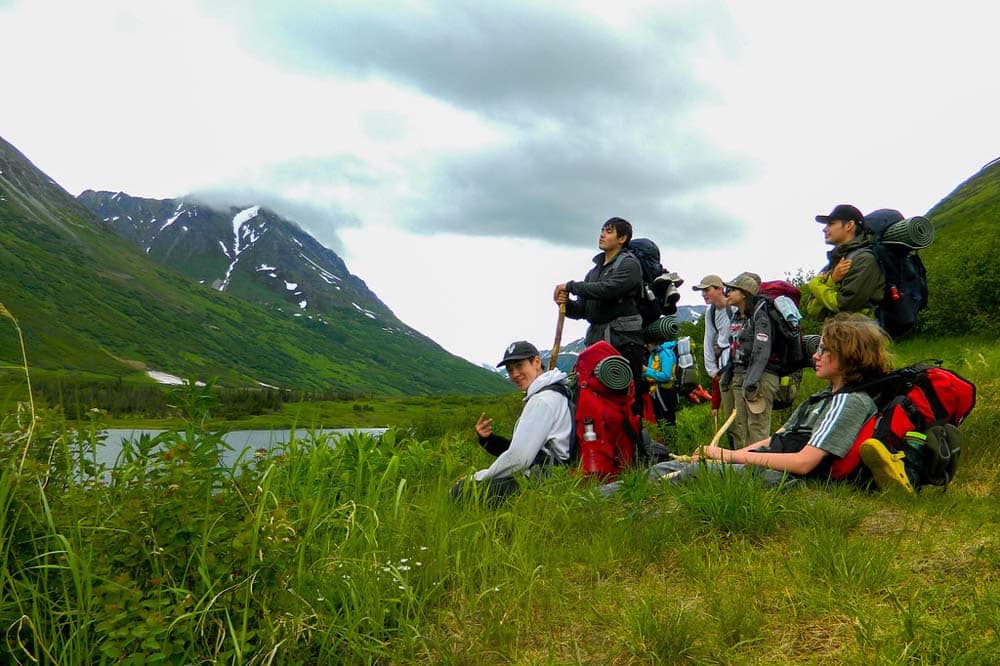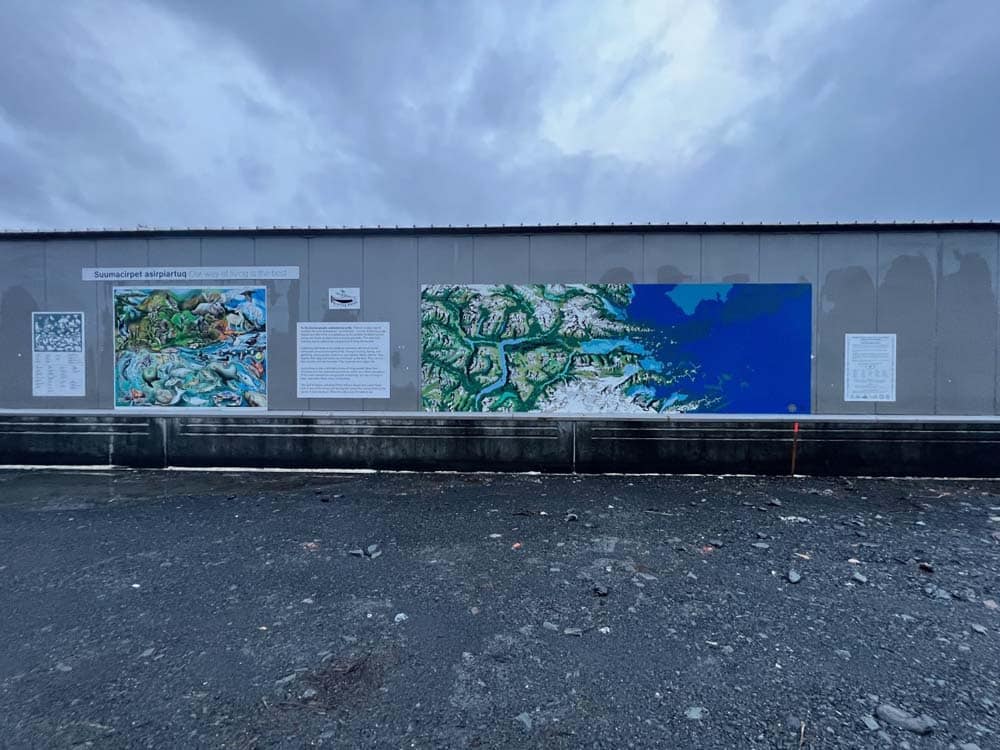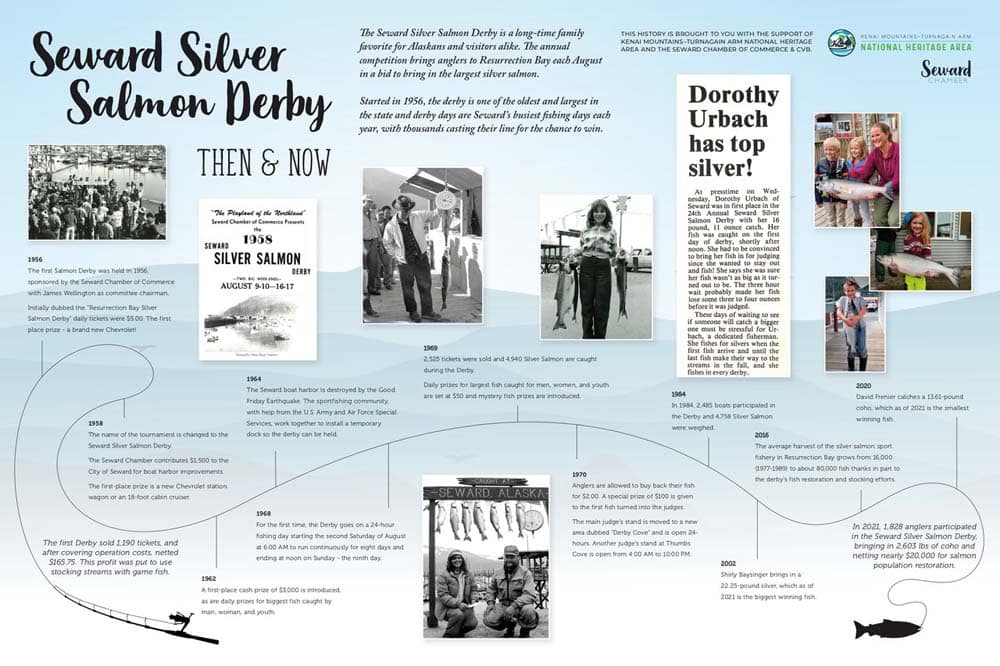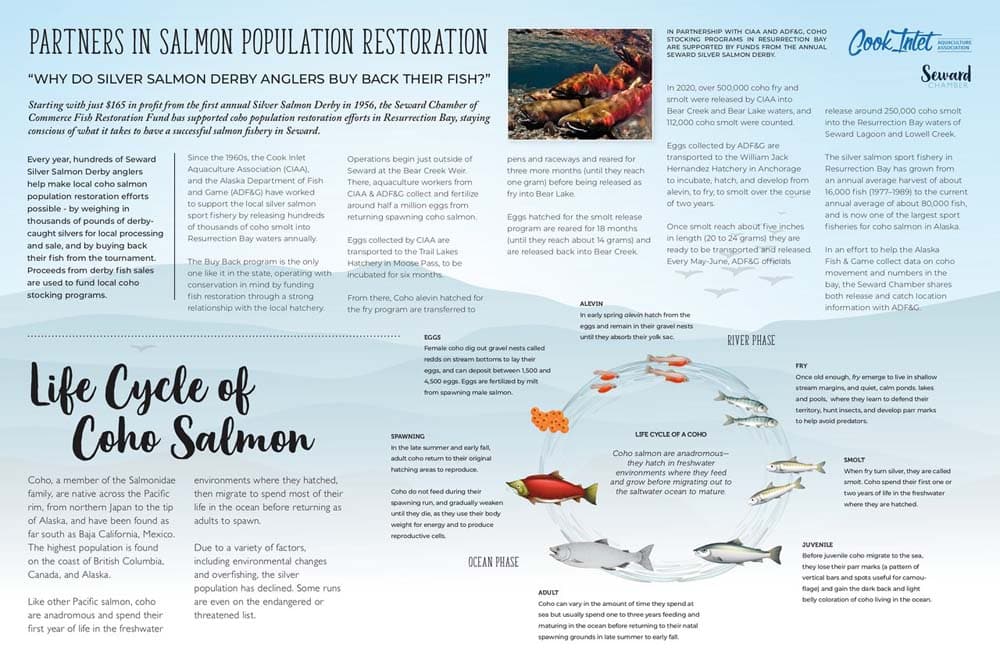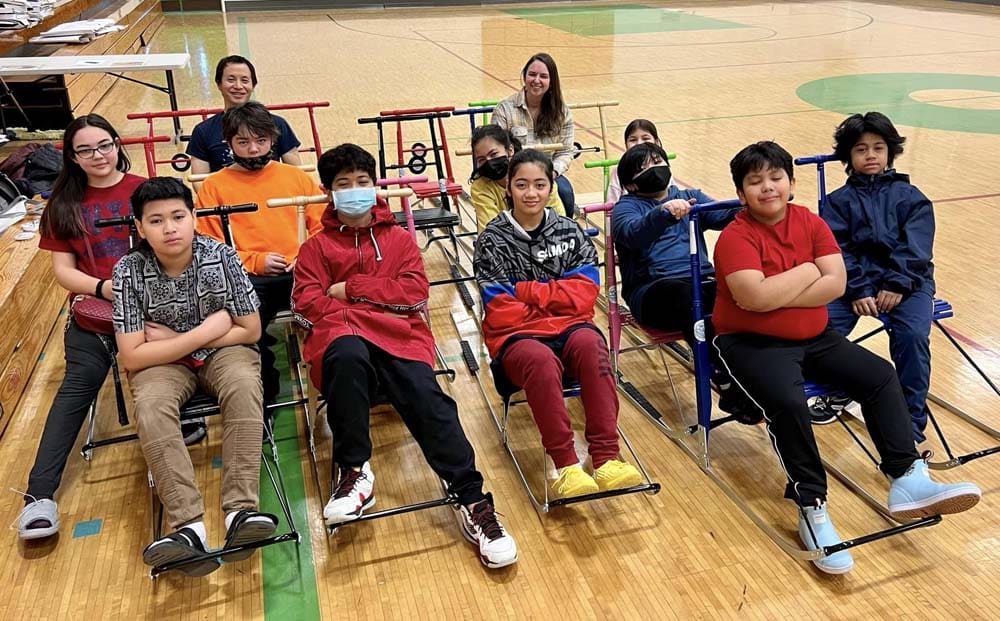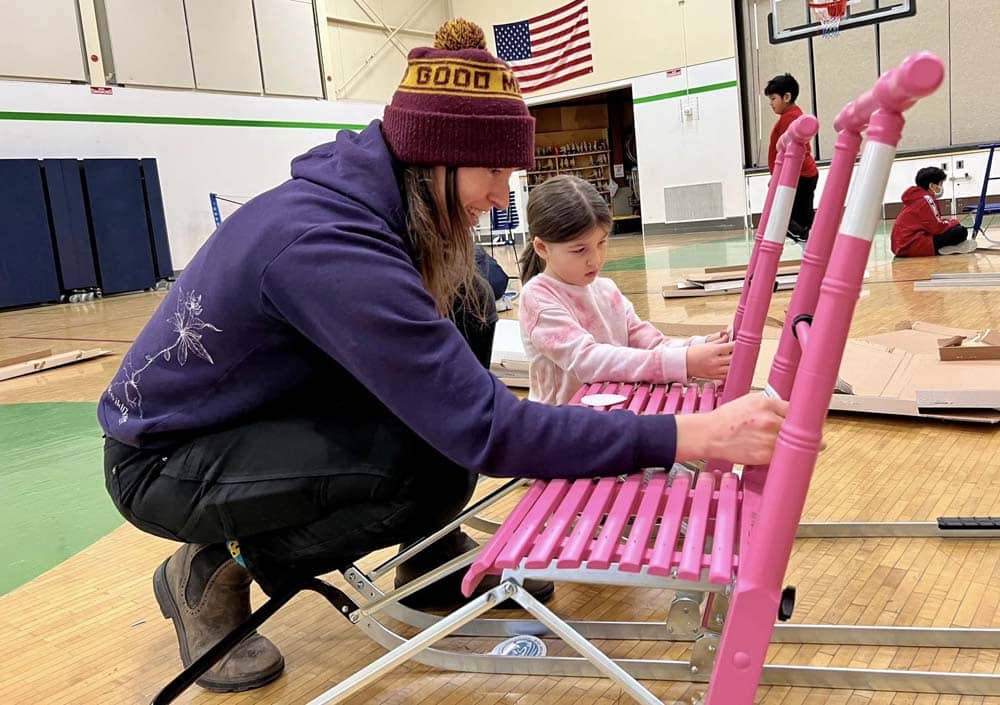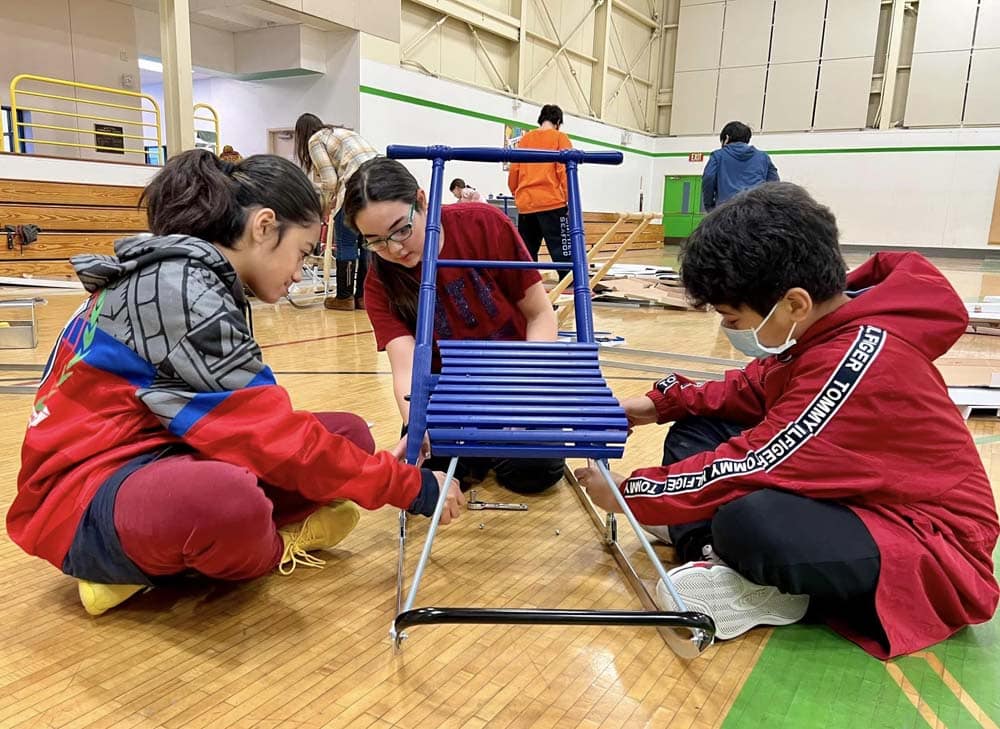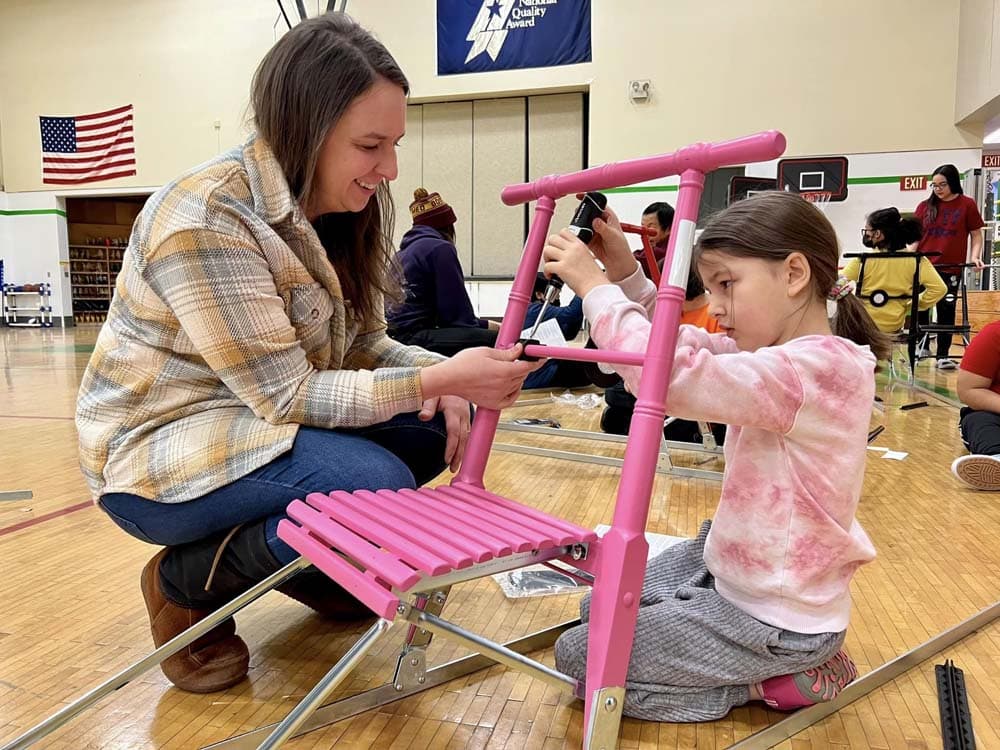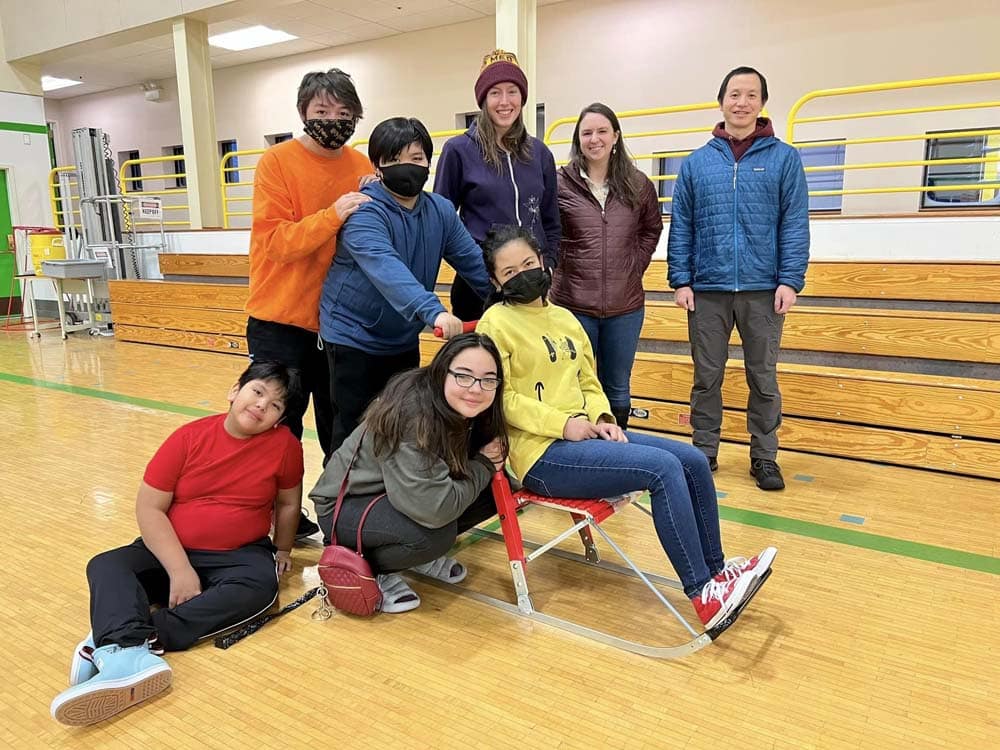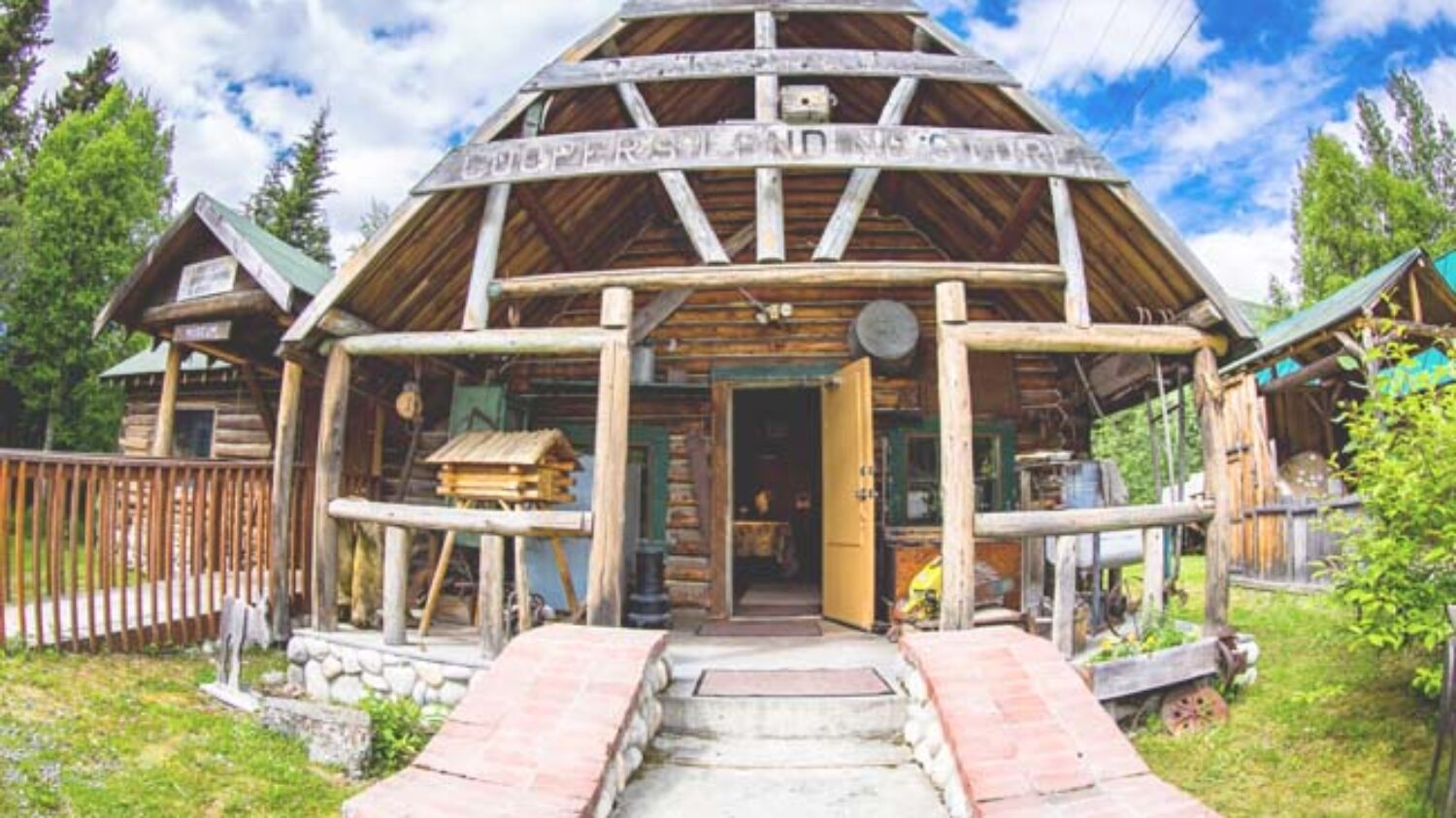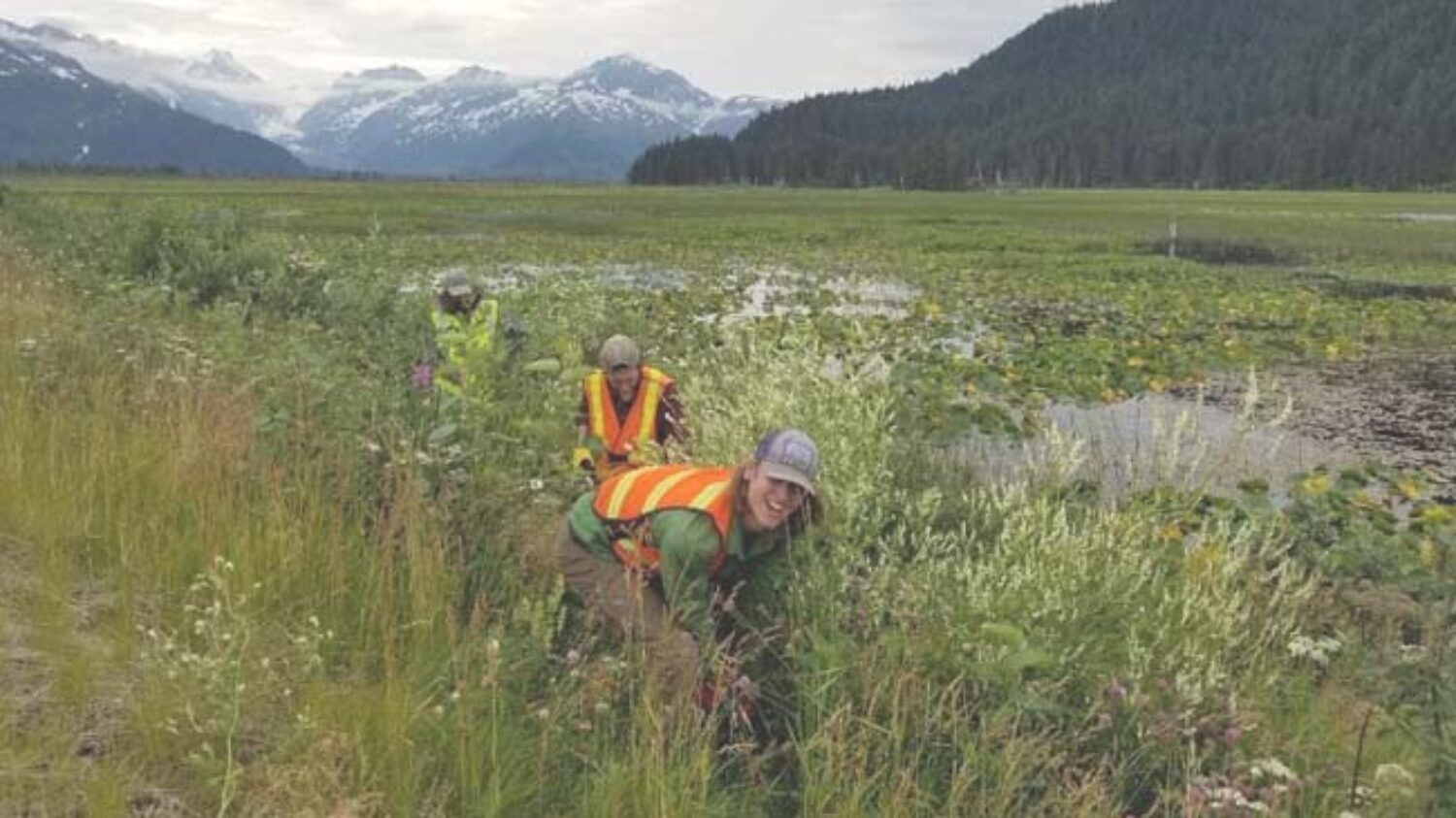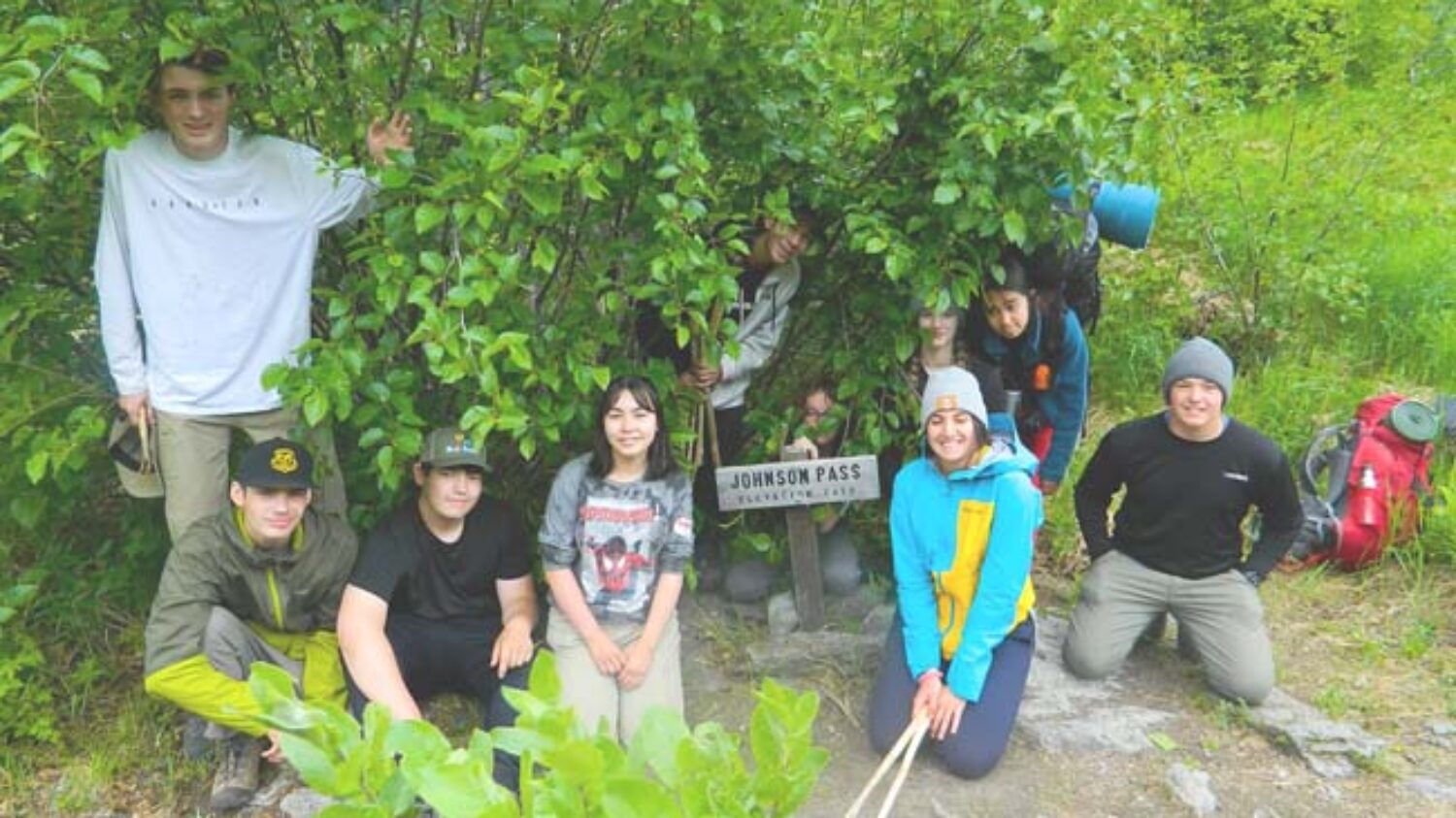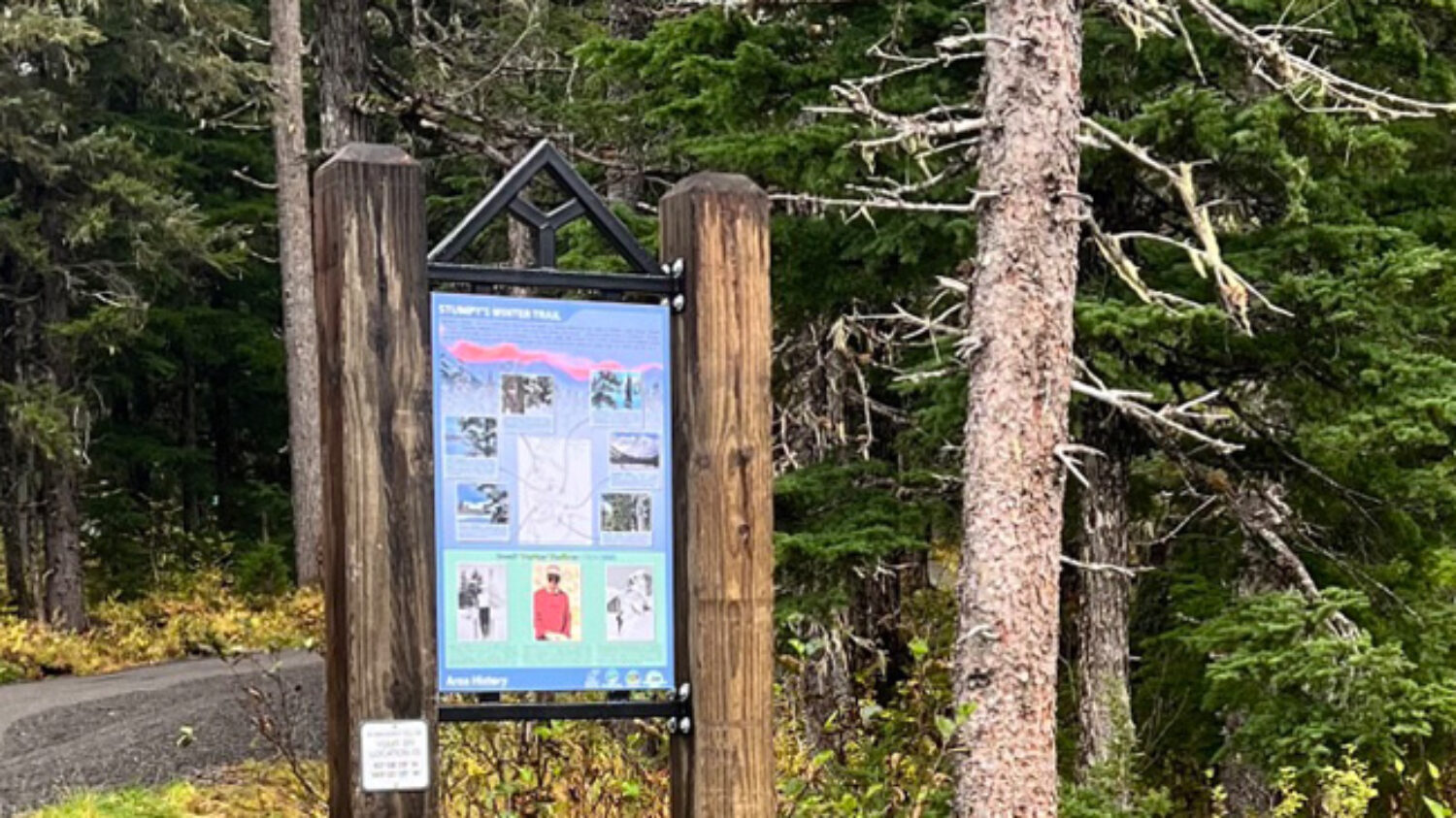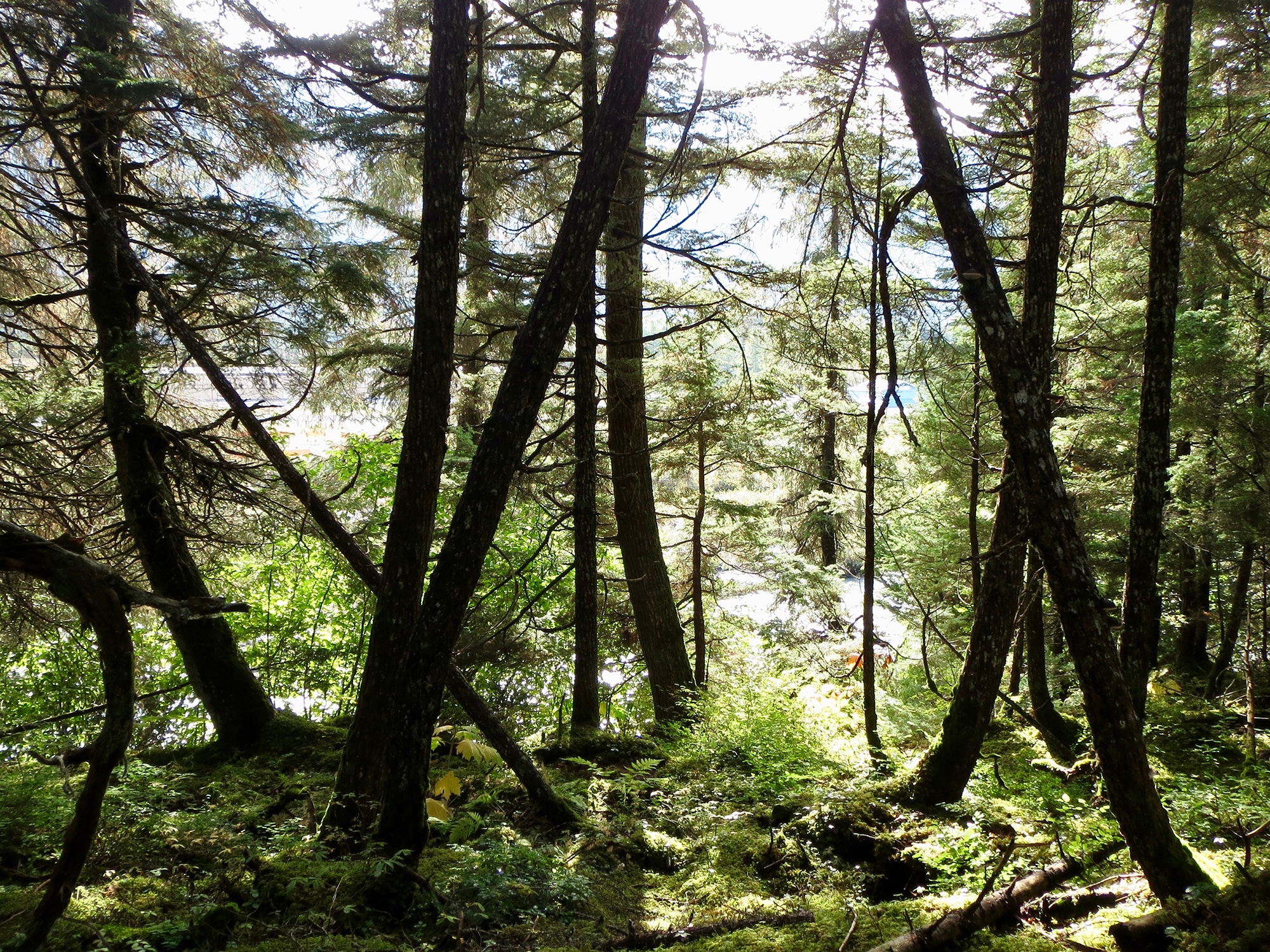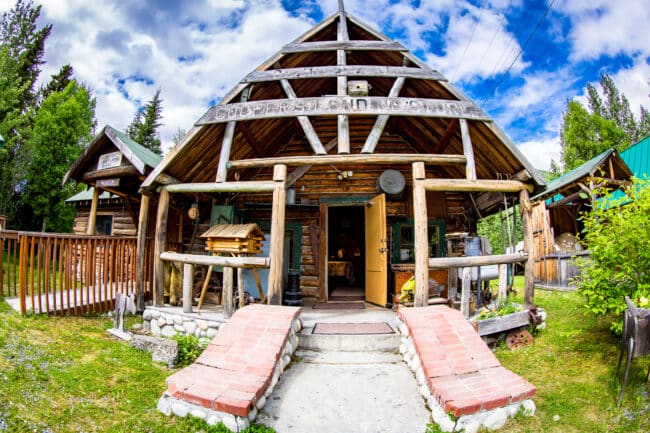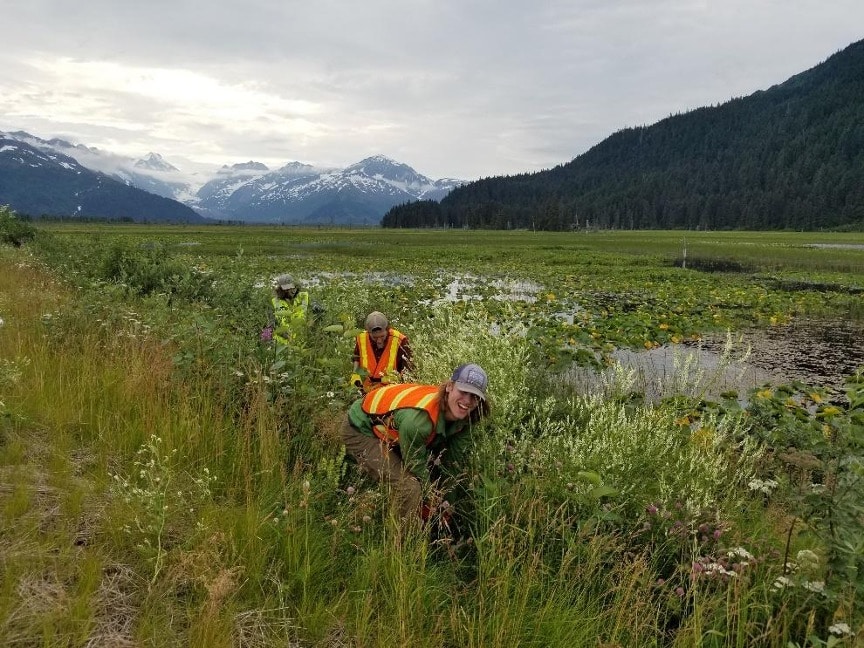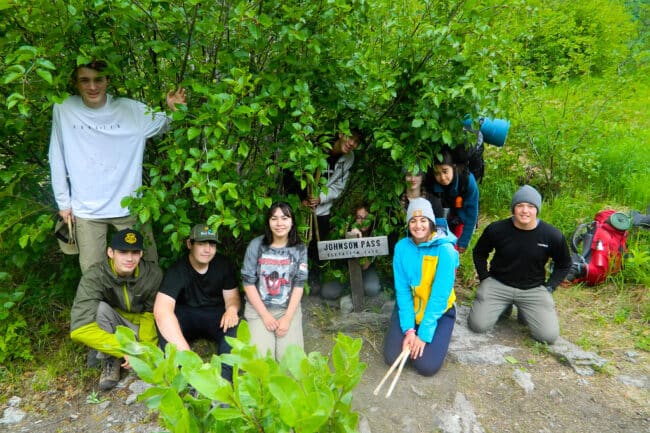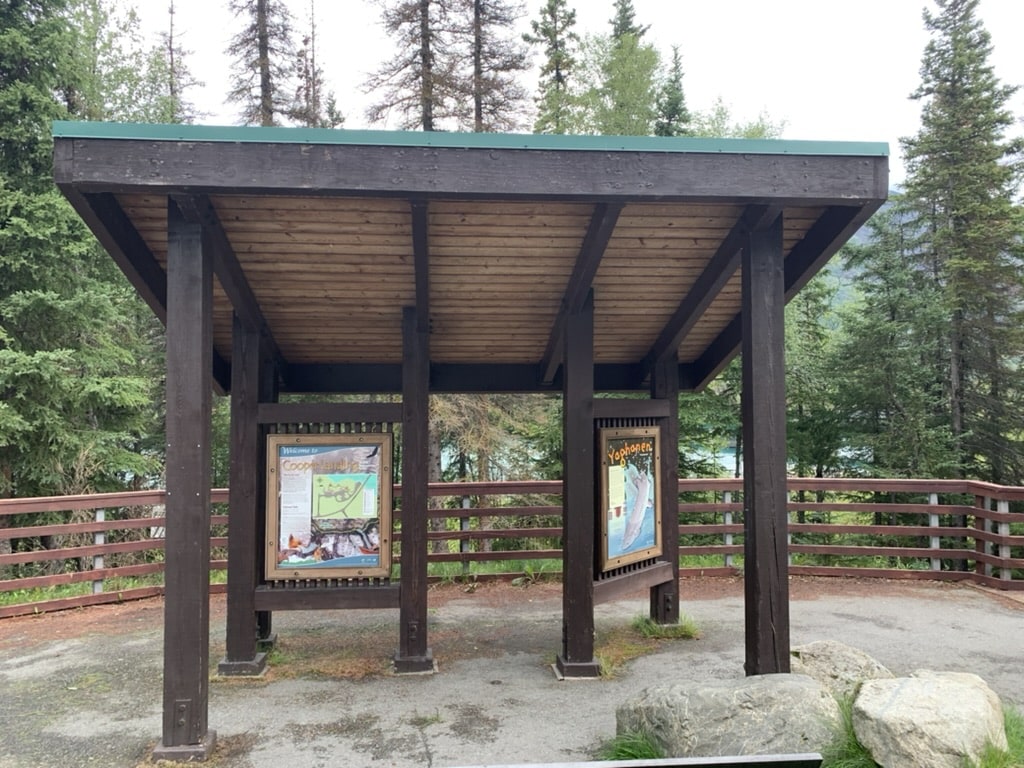**Our sub-grants program is currently paused as we re-align our priorities to support long-term organizational sustainability. Updates will be communicated through our socials, newsletter, and website.**
KMTA awards grants for community projects that align with one or more of our key focus areas: historic and cultural preservation, natural resource conservation, trails and recreation, and education and interpretation. We seek to equitably fund diverse activities geographically distributed throughout the Heritage Area. Please review our four Community Grants funding priorities below to determine your project alignment.
PRESERVING PLACES FOR PEOPLE
HEALTHY ENVIRONMENT, HEALTHY PEOPLE
OUTDOOR ADVENTURES & COMMUNITY CONNECTIONS
FOSTERING LEARNING & STEWARDSHIP
WHO CAN APPLY:
Community, non-profit, or governmental organizations that actively work within the Heritage Area can apply for a Community Grant. Can include historical societies and museums recognized by the Alaska Historical Society.
KMTA cannot directly grant funds to for-profit organizations/businesses or private property owners. If you are a for-profit entity or the owner of a publicly accessible historic structure, you may ask an eligible organization to sponsor your project. Sponsors will be responsible for receiving and distributing funds, as well as meeting all contractual obligations of the grant award.
ONE-YEAR VS MULTI-YEAR PROJECTS:
First Time Applicants can apply for 1-year grants only.
Returning Applicants (those who have been funded by KMTA in the past) can apply for a one-year grant or a multi-year grant of up to three years.
VIABLE PROJECTS MUST:
• Align to one or more of our priority focus areas listed above.
• Strengthen and/or benefit the KMTA region and its users
• Demonstrate the ability to produce a 1:1 match of funds (in the form of cash donations or in-kind contributions) from a non-federal source
• Include a plan for completion within a 12- 36-month period (one-year vs multi-year grant). This means that all final reimbursement requests, corresponding expense reports and receipts, and other supporting materials must be submitted and approved within the grant award period.
• Have completed a Section 106 Review if applicable. To determine if your project requires a Section 106 Review, please see associated guidelines here.
• For Signage Projects Only- Any trail signs, interpretative signs, or wayfinding should include similar design components that match other existing signs found near the project area.
STRONG CONSIDERATION WILL BE GIVEN TO PROJECTS THAT:
• Steward the region’s resources and heritage
• Leverage/establish partnerships and demonstrate broad community support
• Demonstrate depth and breadth of impact
• Address a specific need or fill an existing gap
• Exceed the 1:1 non-federal match requirement
• Projects that are distinct from the direct programming that KMTA offers.
• Funding requests that do not go towards the program and/or facility rental fees of organizations currently receiving KMTA grant funding.
• Engage and expand opportunity for youth
• Reach diverse audiences
• Facilitate meaningful interpretive experiences and stories
• Support an inclusive and comprehensive narrative of KMTA’s history
• Connect Alaskans to the history in their own backyards
• Foster pride of place
AWARD AMOUNT:
• First time applicants can apply for up to $10,000 allocated over the course of 1 year.
• Returning applicants (those who have been funded by KMTA in the past) can apply for up to $24,000 allocated over the course of 1 to 3 years.
- 2023 Application Deadline: March 24, 2023
- Click here for full application process and timeline
- Applicants must submit the following: Grant Application Form, Budget Worksheet, and at least one letter of support. Required forms are available below. When you’ve completed all the necessary documents, please upload them using the Submit button.
PRESERVING PLACES FOR PEOPLE
PRESERVING PLACES FOR PEOPLE
By identifying, protecting, and enhancing buildings, places, and objects of historical and cultural significance, we can affirm and reinforce connections with our past in all its richness and diversity. KMTA supports projects that help revitalize and preserve publicly accessible historic sites located within our Heritage Area.
Example projects could include, but are not limited to: rehabilitation and/or restoration of historic structures and properties, preservation of cultural and/or historical objects of importance, digitizing historic records and/or photographs, etc.
For a more detailed understanding of the defining features of Historic Preservation, please see the NPS Historic Preservation page.
HEALTHY ENVIRONMENT, HEALTHY PEOPLE
HEALTHY ENVIRONMENT, HEALTHY PEOPLE
Conservation is a hallmark of National Heritage Areas, contributing to healthy ecosystems, preserving scenic beauty, and protecting the character of the place. KMTA supports projects that help protect the natural resources and unique landscape of our Heritage Area. We aim to invest in efforts that sustainably steward the environmental treasures of the KMTA region.
Example projects could include, but are not limited: Pollution cleanup, habitat and wildlife preservation, research, citizen science initiatives, mitigation, etc.
OUTDOOR ADVENTURES
OUTDOOR ADVENTURES & COMMUNITY CONNECTIONS
Trails improve access to the cultural and natural resources the region has to offer. Access to recreational opportunities is important for public engagement and stewardship. KMTA supports projects that help eliminate barriers, promote access, and cultivate connections to the many benefits of spending time outdoors and on the trails throughout our Heritage Area. We seek to invest in projects that create and strengthen connections between communities, people, and nature.
Example projects could include, but are not limited to: Trail building and maintenance, improvements to trail heads and publicly accessible recreation areas, reconstructing foot bridges, encouraging and fostering equitable access to recreation opportunities, providing outdoor safety and skills- building opportunities, promoting active and healthy lifestyles thorough outdoor recreation, etc.
FOSTERING LEARNING & STEWARDSHIP
FOSTERING LEARNING & STEWARDSHIP
By connecting people with the natural and cultural resources around them, we can strengthen public understanding of the relevance of heritage and create an enduring stewardship ethic. We seek to invest in projects that facilitate learning about KMTA’s natural, cultural, and historic resources.
Examples projects could include, but are not limited to: Interpretive signage, educational experiences for students, written and/or oral history projects, storytelling efforts, immersive learning opportunities in the Heritage Area for the broader public, curriculum development, service-learning opportunities, etc.
CONTACT
For more information about the KMTA Grant Programs, please contact:
JESSA WEST
JESSAWEST@KMTACORRIDOR.ORG
